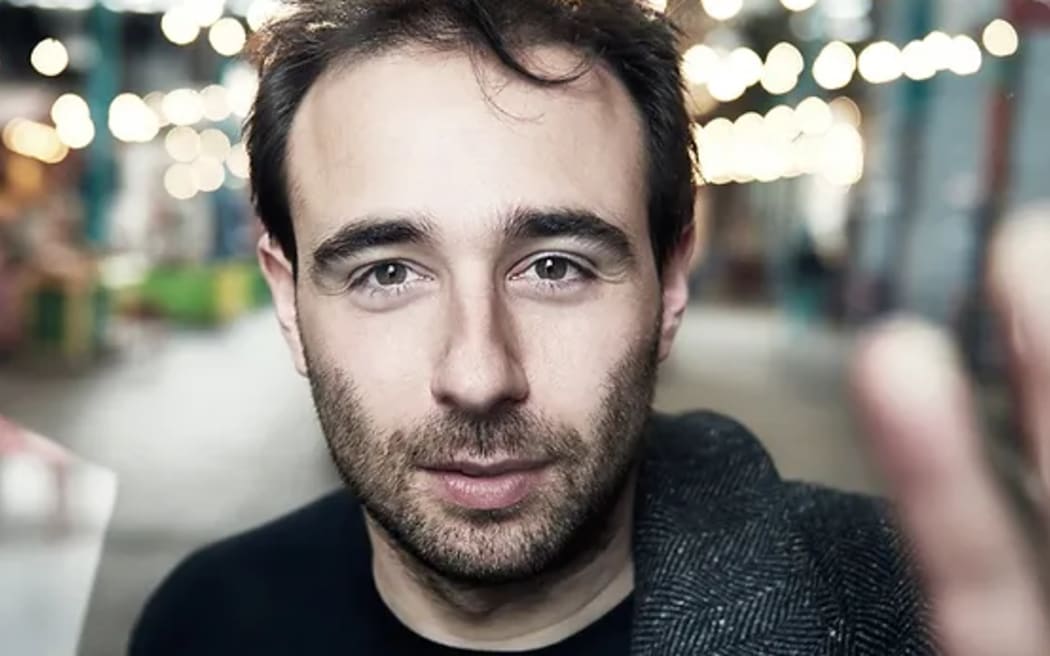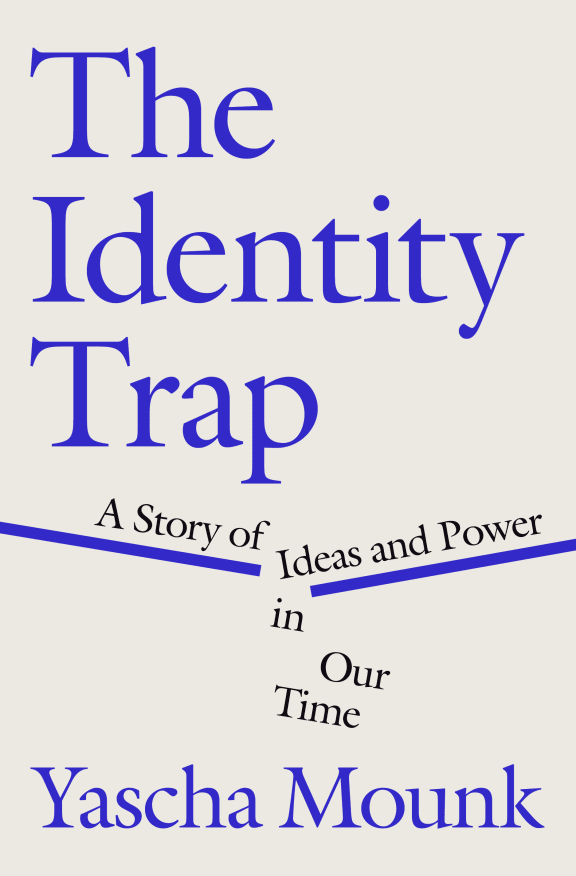Values rather than identity are the glue that hold democracies together, says an American academic.
Professor Yascha Mounk has previously warned about threats to democracy from polarisation fed by identity politics.
His criticism is usually aimed at the right, but he's increasingly concerned about what he sees as bad ideas created with good intentions by the left.
His new book The Identity Trap: A Story of Ideas and Power in Our Time explores these themes.

Photo: Yascha Mounk
The word woke has been co-opted by the right as a derogatory term, he tells Jesse Mulligan.
“Originally activists described themselves proudly as woke, today, when you talk about woke this and woke that you sound a little bit like an old man shouting at the clouds.
“I prefer to call it the identity synthesis, because these ideas are fundamentally about the role that identity categories - like race, gender and sexual orientation - do and should play in society.
“And I think that they are a synthesis of different intellectual influences, including post-modernism, post-colonialism and critical race theory.”
His book attempts to untangle where these ideas come from, and how they came to be so influential on mainstream institutions, he says.
“I tried to formulate a more principled, liberal response to these ideas, pointing out how we can take discrimination, that undoubtedly exists in our society, seriously without throwing the baby out with the bathwater, without giving up on the vision of a society in which we come to emphasise what we have in common, rather than what divides us.”
His book gives examples of children, in some schools, being divided by race in the United States.
“We now have many schools in United States, including some of the most influential elite private schools in New York City in Washington DC and Los Angeles, that have teachers walk into third grade, second grade, first grade classrooms and separate kids out by race saying that African Americans are going to go in one classroom and Latinos into another classroom and Asian Americans into a third classroom and white kids into a fourth classroom.”
The idea coming from liberal left theory is that children should “own” their racial identity.
“But everything that we know from history and from social science, everything we understand about human beings, once they have formed a particular group they tend to fight for its interests over those of perceived out groups.
“It makes me think that these kinds of pedagogical practices are more likely to teach these kids to be racist, to be white supremacist, to fight for the interests of whites in ways that are not going to help us build more peaceful, tolerant and prosperous societies.”

Photo: Penguin Random House
Practices which are driven by the best of intentions encourage “zero-sum conflict between different groups” that lead to more discord, he says.
“One of the most striking examples was at the height of the Covid pandemic, when we finally got those life-saving vaccines.
“Virtually every country in the world distributed them by descending order of age, because elderly people were so much more susceptible to severe outcomes from the disease.
“But in the United States the key advisory committee to the Centers of Disease Control (CDC) said that this would be inappropriate, because the elderly Americans are disproportionately white.”
A much broader category of essential workers eligible first was used, he says.
"Even CDC models suggested with this would lead to the death of more Americans. And in fact, I suspect that it led to the death of more non-white Americans as well.”
He also worries that such policies will “hamper our fight against right-wing populists.”
"One of the reasons why Donald Trump is running head-to-head with Joe Biden in the polls for 2024 for presidential elections we have coming up next year, is that these ideas have come to have so much of a hold over mainstream institutions.
“Analysis show that a key voting bloc for Republicans, now about 10 percent of the people who vote for the party, are disproportionately young, disproportionately non-white and disproportionately progressive on social issues, but so worried about the whole of what we call wokeness in the American mainstream, that they're set to vote for him.
“So, even though what I call the identity synthesis and far right populism seem to be diametrically opposed to each other in practical and political terms - one is the ying to the other's yang.”
He refutes the idea that different groups in society can't understand each other.
“I think it is dangerous because it makes it much harder for us to sustain the kind of solidarity we need to have societies in which we treat each other well and fairly.”
There is a better way, he says.
“I think a much more fruitful way of thinking about the world is to say that when somebody comes to me and says, ‘because of a group of which I'm a part I have these experiences of discrimination, I should take it very seriously.
“I should listen to them with an open mind, I should stop myself from being dismissive by saying, I've never experienced that, I'm sure they're exaggerating. No, I should really take what we're saying, seriously.
“But then I should assess it, I should figure out whether I think that the way they're putting it is right, whether they have described something about the world that is true.
"And if it is, then I should fight against those injustices, on my own terms, because they violate my idea of the kind of society in which I want to live and that I think, allows us to build much more meaningful and much more sustainable forms of solidarity.”

